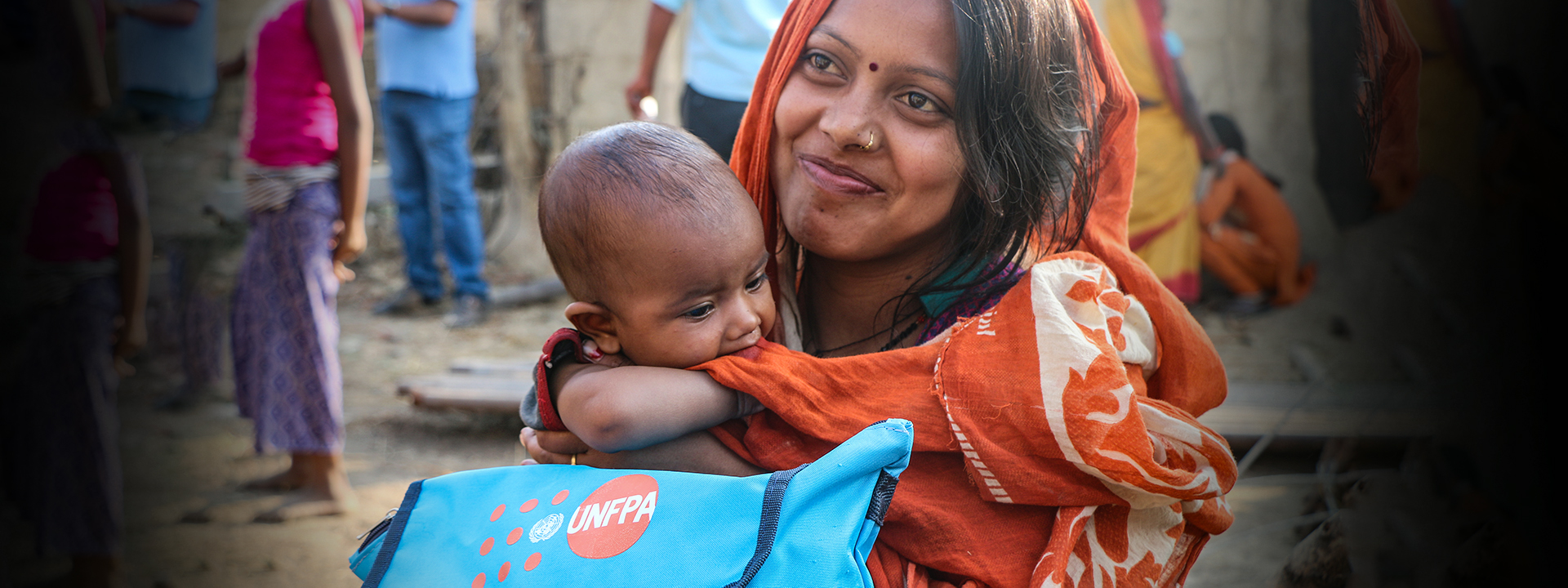Asia and the Pacific is world's most disaster-prone region
Climate-related disasters are forcing one person from their home every two seconds. Asia and the Pacific is the world’s most disaster-prone region. Around 142 million people have been affected by disasters annually since 1970, well above the global average of 38 million people. In 2022, over 140 major disasters took place in the region that led to nearly 7,500 deaths and impacted more than 64 million people. Although fewer people are dying from natural disasters today, there is an increase in the number of people affected.
Women and girls are disproportionately affected by humanitarian crises
Women and girls are disproportionately exposed to risk, increased loss of livelihoods, security, and even lives, during and in the aftermath of disasters. They lose access to essential sexual and reproductive health services and face significantly increased risk for unintended pregnancies, gender-based violence, sexually transmitted infections and maternal mortality. Every day, hundreds of women and adolescent girls die from pregnancy and childbirth complications in emergency settings globally, often as a result of sexual and reproductive health services being unavailable.
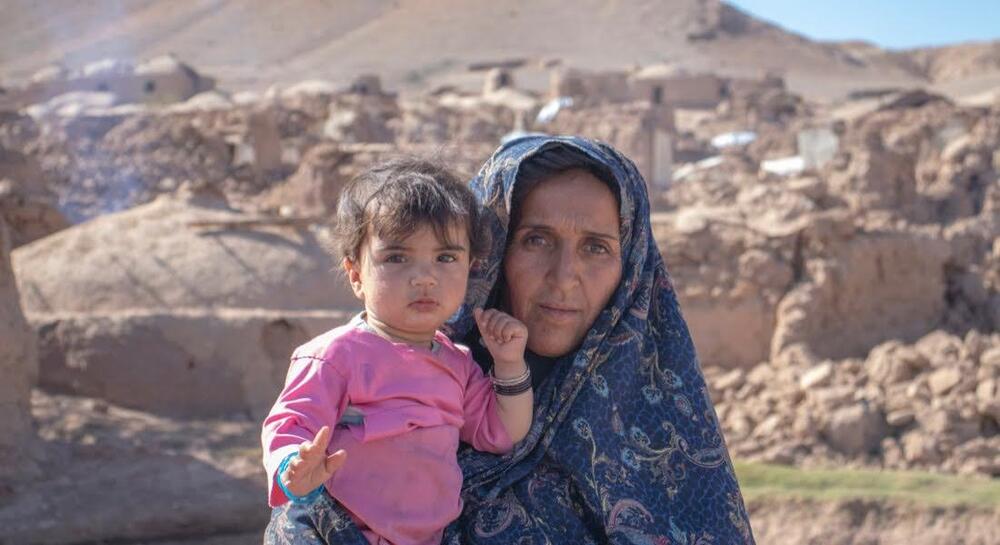
UNFPA is ensuring inclusive emergency response
UNFPA anticipates and implements efficient, quality and inclusive emergency responses to ensure that the reproductive health and protection needs are addressed before, during and after a crisis. We work closely with governments, civil society organizations and other partners to build the capacity of institutions and communities and to advocate for sexual and reproductive health and protection needs. UNFPA works to ensure that life-saving supplies and services are accessible for the affected population. Priority areas include maternal health, family planning, prevention of sexually transmitted infections including HIV, adolescent health, and prevention and response to gender-based violence.
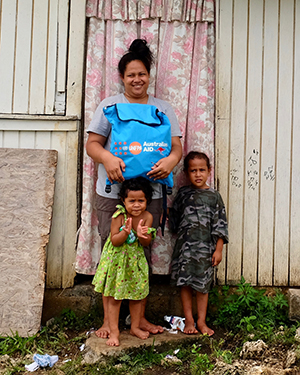 |
Regional Prepositioning Initiative By strategically prepositioning essential supplies at warehouses, UNFPA ensures lifesaving supplies quickly reach women, girls, and affected populations when disaster strikes. Delivered in partnership with Australia, the Regional Prepositioning Programme improves speed, quality and efficiency in humanitarian response, ensuring that those in need receive lifesaving supplies when needed most.
|
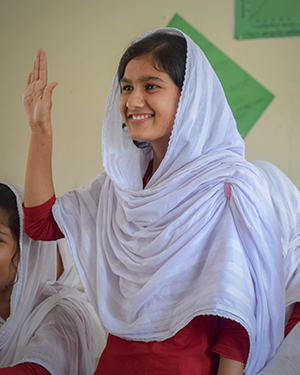 |
Accountability to Affected Populations The humanitarian community has put in place commitments and mechanisms to ensure that communities are meaningfully and continuously involved in decisions that directly impact their lives. Accountability to affected populations is about meaningful engagement, working with communities, and actively seeking and putting forward the voices of the most vulnerable.
|
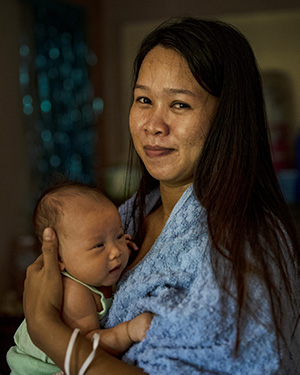 |
Providing Cash and Voucher Assistance helps empower women, girls, and other vulnerable groups – such as persons with disabilities, people living with HIV, sex workers, and persons of diverse SOGIESC – by improving access to essential sexual and reproductive health services and gender-based violence support.
|
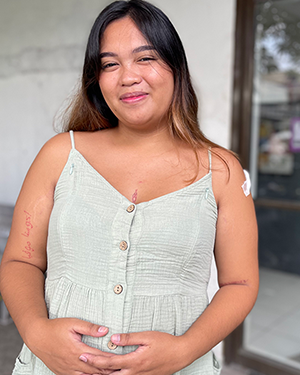 |
Humanitarian actors are shifting from a primarily reactive approach to one that takes early, preemptive action. Anticipatory Action (AA) uses forecasts and risk analysis to act before hazards such as floods, cyclones, or droughts.By acting in advance, AA aims to reduce human suffering, prevent the use of harmful coping strategies such as foregoing essential maternal healthcare or facing heightened risks of gender based violence (GBV). |
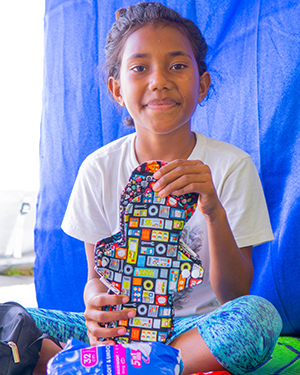 |
Menstrual Health Management in Emergencies In many countries across Asia and the Pacific, menstruation remains heavily taboo, hindering access to education, sanitary supplies, and safe facilities. This can lead to risks such as urinary tract infections or toxic shock syndrome, especially during emergencies. UNFPA is working to empower people who menstruate across the region to live with confidence, dignity, and full participation in daily life.
|
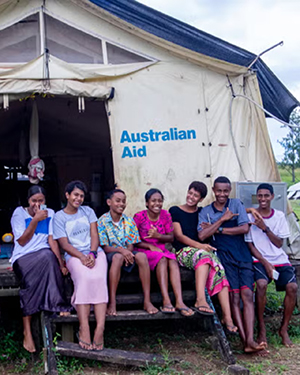 |
Inclusive Disaster Preparedness The climate crisis is about much more than numbers, it is about the people and communities coping with the consequences of extreme storms, droughts, floods, food insecurity and displacement. UNFPA works with retired midwives, young people on remote islands, the LGBTQI+ community, women leaders, persons with disabilities and officials to uphold the fundamental rights and dignity of marginalized groups, before and after disasters hit. |

